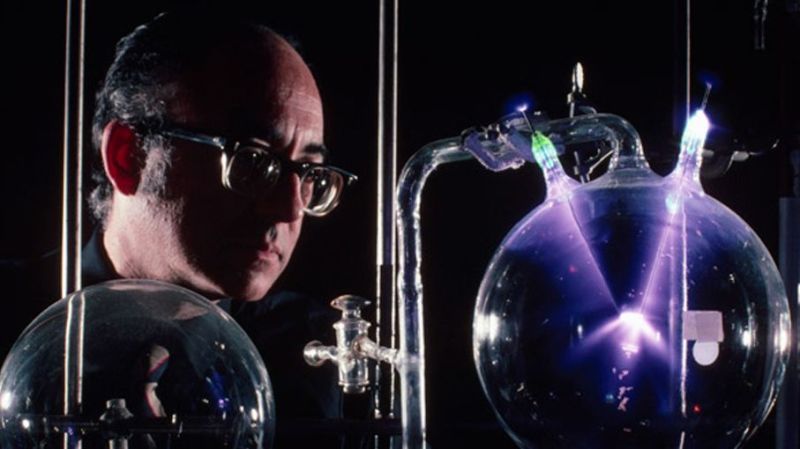Sulfuric acid clouds of Venus can’t dissolve life, new experiments find
Venus may be a hellscape by our standards, but there’s a chance that some forms of life could evolve there. A new MIT study has now found that the building blocks of life are surprisingly stable in highly concentrated sulfuric acid – which Venus’ cloud… Continue reading Sulfuric acid clouds of Venus can’t dissolve life, new experiments find
